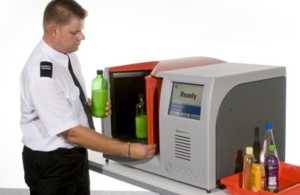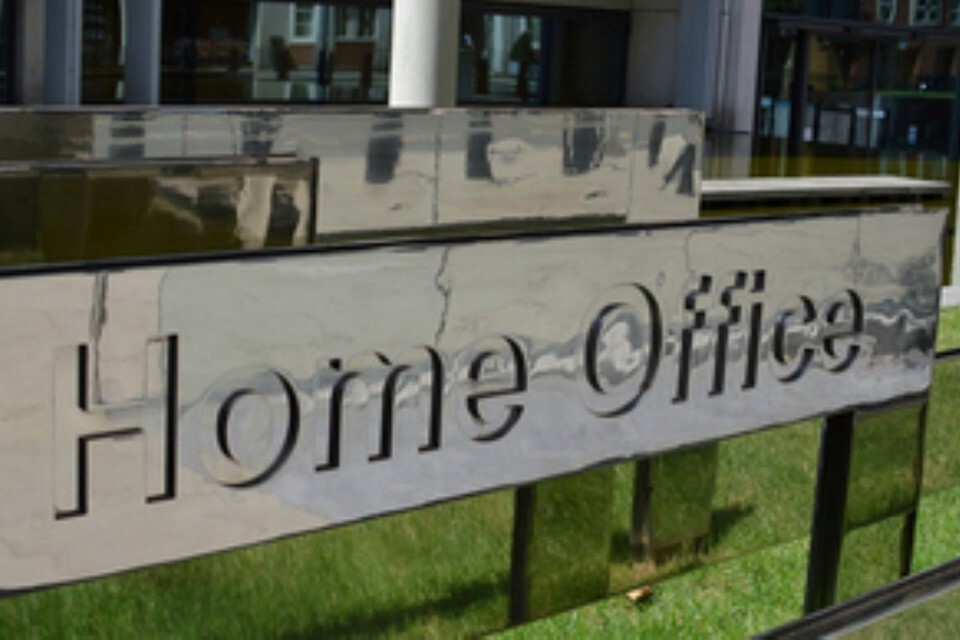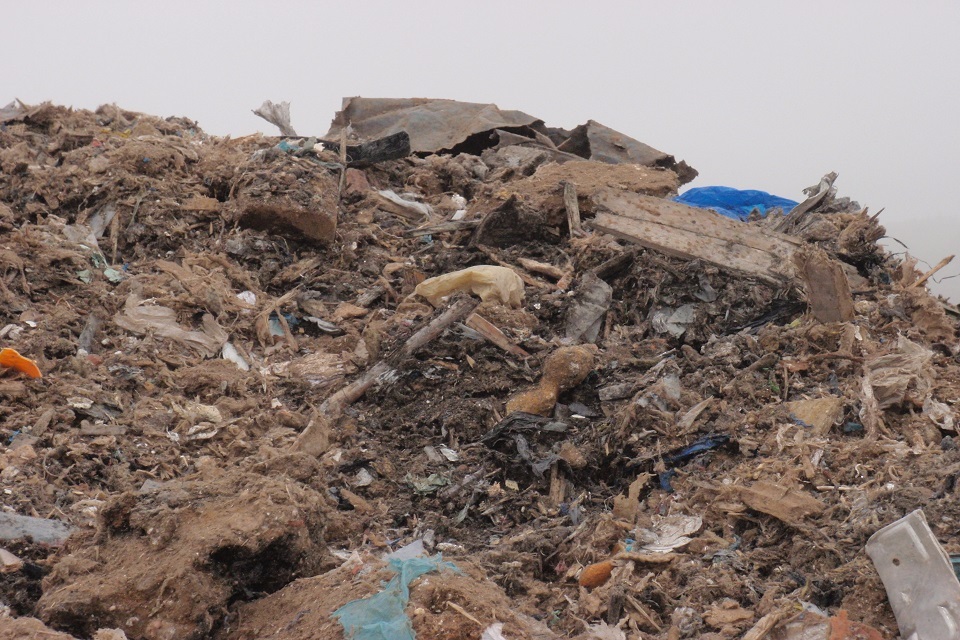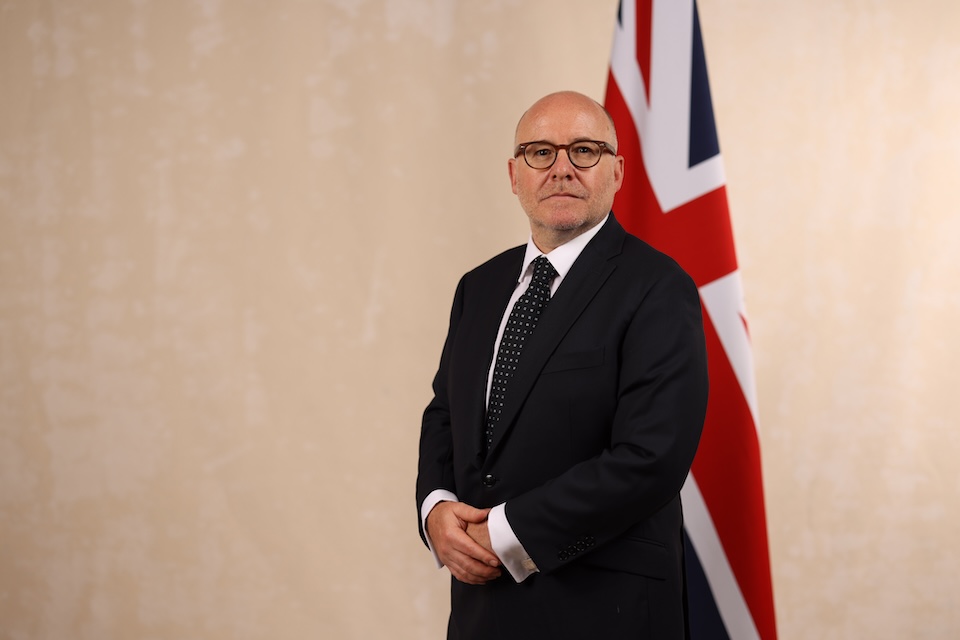Founding organisation
- Science and Technology Facilities Council (STFC)
Spinout company name
Date of incorporation 26 June 2006
Website link Chemical Analysis, Life Sciences, and Diagnostics
Background
In the early 2000’s, it was difficult for older technology to see through the container and differentiate the contents from the material of the container, posing real challenges to airport security and pharmaceutical analysis.
This innovation addressed this need, enabling the detection of harmful substances in sealed containers.
Cobalt Light Systems Ltd, a successful public sector spinout from STFC, developed patented technology to identify materials through barriers such as plastic, coloured glass and paper.
The spinout journey
During routine technology development of the Kerr-gate Raman Spectroscopy system at the Central Laser Facility (CLF) at STFC, a scientist identified and explored the Spatially Offset Raman Spectroscopy (SORS) effect.
The SORS method allows the identification of the chemical composition underneath the surface of materials, ranging from paper to coloured glass and plastic. The scientist realised that this had potential uses far beyond the facilities and discussed his idea with the Innovation team at STFC.
The Innovation team recognised the commercial potential of this new use and filed for base source patents which enabled them to legally protect the IP and to commercialise the innovation. Commercialisation would help STFC maximise the social and economic impact of this innovation.
STFC scientists were awarded funding from the Innovation team which gave them the freedom and flexibility to explore the potential applications of the technology.
Originally, they identified the medical technology industry as the main market for this technology. As the product development continued, the scientists further refined the methodology that spanned the medical industry, pharma industry, security material scanning and beyond. For instance, using this technology in airport security could reduce the risk of accidental exposure for security staff.
Not only did STFC have a platform technology, for which it owned the IP, they had also explored and demonstrated the market potential for a whole portfolio of applications, which made it an attractive proposition for investors. STFC also had a team keen to engage in building a business.
Based on this, STFC made the decision to go down the spinout route – founding LiteThru Ltd in 2006. LiteThru developed its first product for the pharma industry to perform quality control for medicines.
Initial investment came from a range of investors, including Rainbow Seed Fund (now UK Innovation & Science Seed Fund), Oxford Technology Enterprise Capital Fund and NESTA.
LiteThru Ltd raised £750,000 to increase the technology readiness level of the product. They appointed a new CEO and changed their name to ‘Cobalt Light Systems Ltd’.
This new company raised more investment and officially launched their product for pharmaceutical quality control in 2010. They continued to develop innovative products, making a liquid scanner for airports and a handheld device to test bottles and jars for dangerous substances.
The success of Cobalt’s product attracted the interest of Agilent Technologies who acquired Cobalt in 2017.
Agilent also relocated their global centre for Raman spectroscopy to STFC’s Harwell Campus.
Who benefits from this technology?
- Airport security It helps airports detect hazardous materials, explosives, and narcotics without opening packages, saving time and reducing the risk of accidental exposure for staff.
- Pharmaceutical analysis It is used to analyse pharmaceutical materials including capsules, tablets, gel and solutions
Outcome
Cobalt Light Systems Ltd’s bottle scanner is used in over 70 airports and a handheld version of SORS is used in security, defence and firefighting applications enabling in-field chemical analysis through opaque containers.
The company won the 2014 MacRobert Award and the 2015 Queen’s Award for Enterprise.
It secured over £7 million in investment including grants prior to its exit in 2017
Agilent Technologies acquired the company in 2017, with a value of £40 million and employing 50 staff.







